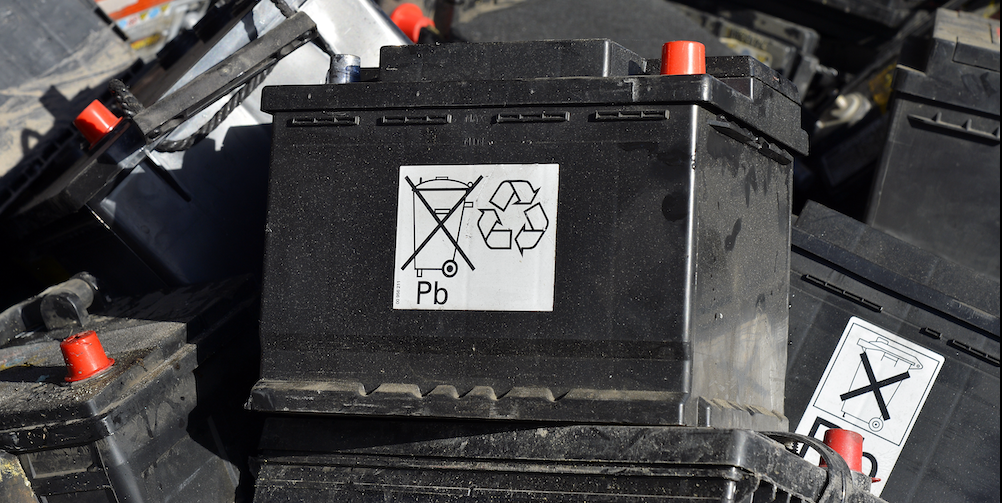Authors: Shinsuke Tanaka, Kensuke Teshima, and CDEP Co-Director Eric Verhoogen.
One of the animating concerns of the trade-and-environment debate is the idea that tighter environmental regulation in richer countries may, through trade, lead to relocation of dirty production activities to poorer countries with weaker regulations. This is one version of the pollution-haven hypothesis. Despite the widespread concern about this issue, to date there has been little evidence for such displacement from developed to developing countries. This project examines the evidence in one particular case: recycling of lead-acid batteries in the US and Mexico. Lead is a particularly noxious pollutant, and recycling is a major source of airborne lead. This project documents that a tightening of environmental regulation around lead in the US lead the recycling industry to shift to Mexico and led to lower birthweight of infants born near battery-recycling plants there, especially of those born to poor mothers.
The project was feature in the NBER Digest and The Weeds podcast (beginning at 49:14). The authors also wrote up a discussion for non-specialists at VoxDev and VoxEU.
The paper will be published in the American Economic Review: Insights. The final pre-publication version is available here.
This project is part of CDEP’s Firms and Innovation Initiative.

